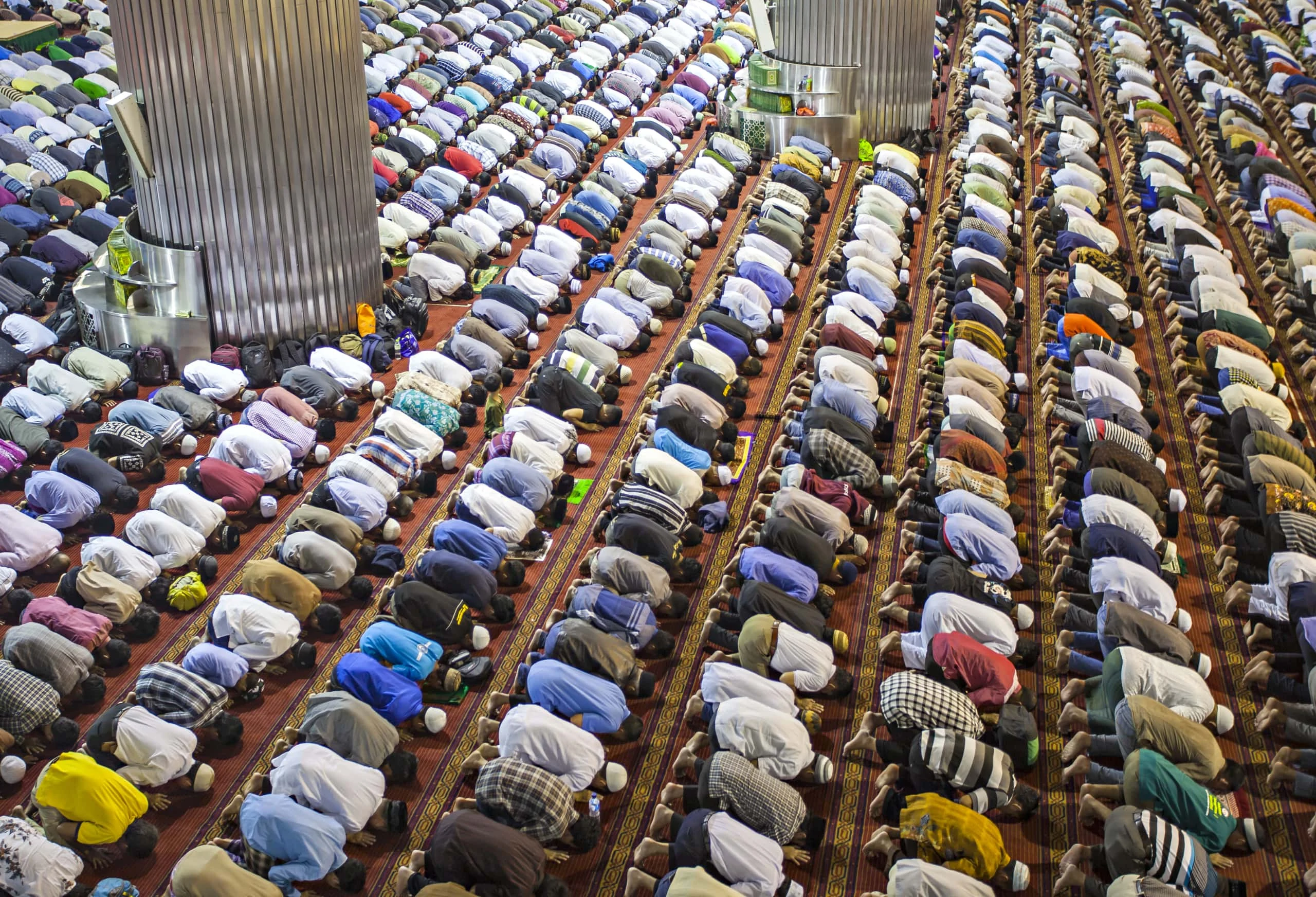Why is it that males and females cannot pray together in Islam?
Question Summary
Why is it that males and females cannot pray together in Islam?
Question Answer
In the Name of Allah, the Most Merciful and Compassionate
It is completely permissible for males and females to perform the prayer together. In fact, if a man chooses to pray alone or with their spouse (or other female family members), it is superior for him to pray in congregation with them. [Tahtawi/Shurunbulali, Hashiyat Maraqi al-Falah]
In the Prophet’s time (may Allah bless him and give him peace), both men and women would pray in the congregation.
However, Sayyida ‘Aisha (Allah be pleased with her) said, “Had the Messenger of Allah (may Allah bless him and give him peace) seen what has happened with the women (of today), He would have prevented them from the Mosque just like the women of the Children of Israel were prevented…” [Muslim]
Sayyida ‘Aisha was so adamant was due to the actions of the women of that time when they would attend the Mosques. They would wear perfume and beautify themselves before unrelated men, and they would mix with unrelated men. Thus she said what she said even though the Prophet (may Allah bless him and give him peace) said, “Do not prevent your women from the Mosques.” [Lashin, Fath al-Mun’im Sharh Sahih Muslim]
Thus, Islam encourages that unrelated women and men do not freely mix unnecessarily. For this reason, it is superior for a woman to pray at home and not in the congregation of the mosque with the men.
Summary
There is no injunction of Islam specifically preventing men and women from praying together; rather, any Islamic injunction that purports otherwise is merely due to secondary factors.
Hope this helps
Allah knows best
[Shaykh] Yusuf Weltch
Checked and Approved by Shaykh Faraz Rabbani
Shaykh Yusuf Weltch is a teacher of Arabic, Islamic law, and spirituality. After accepting Islam in 2008, he then completed four years at the Darul Uloom seminary in New York, where he studied Arabic and the traditional sciences. He then traveled to Tarim, Yemen, where he stayed for three years studying in Dar Al-Mustafa under some of the greatest scholars of our time, including Habib Umar Bin Hafiz, Habib Kadhim al-Saqqaf, and Shaykh Umar al-Khatib. In Tarim, Shaykh Yusuf completed the memorization of the Qur’an and studied beliefs, legal methodology, hadith methodology, Quranic exegesis, Islamic history, and some texts on spirituality. He joined the SeekersGuidance faculty in the summer of 2019.
